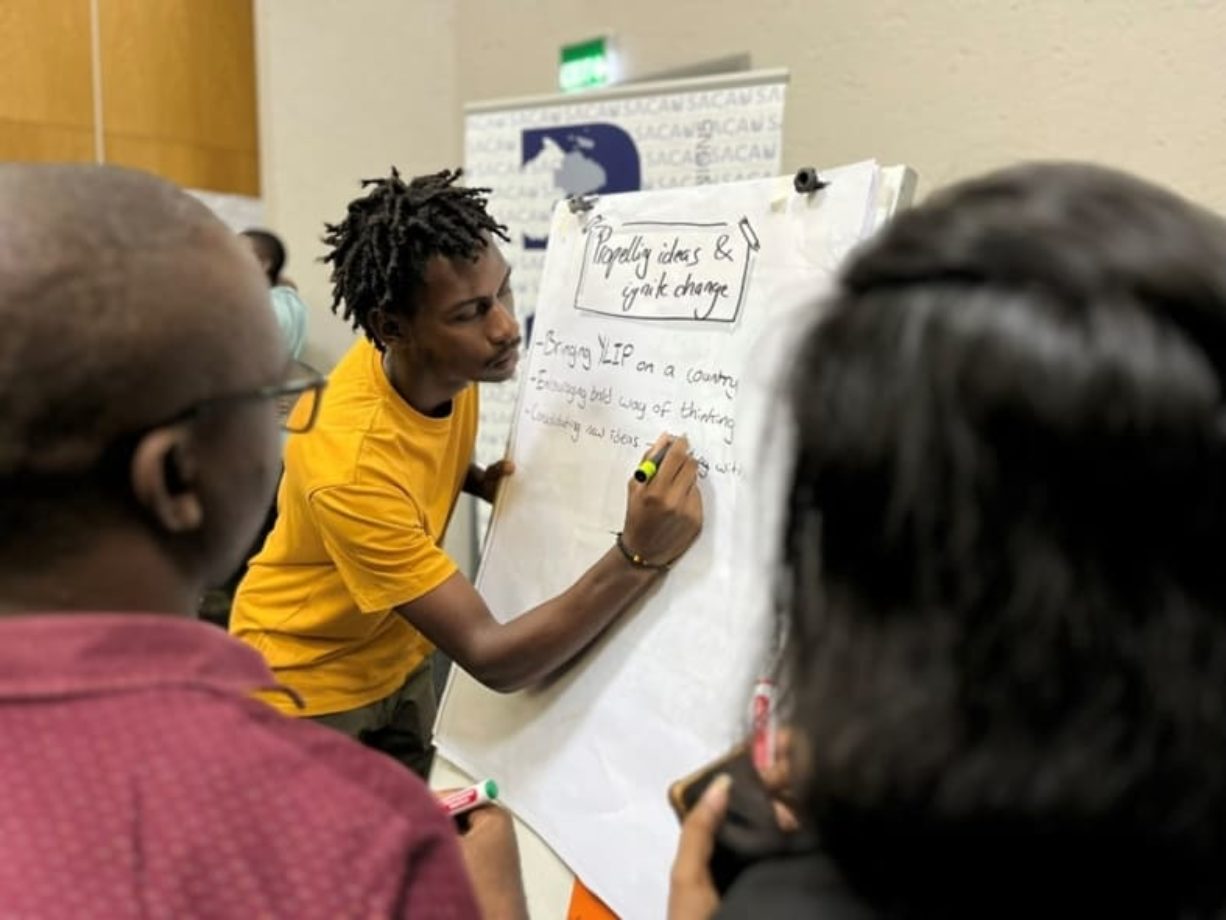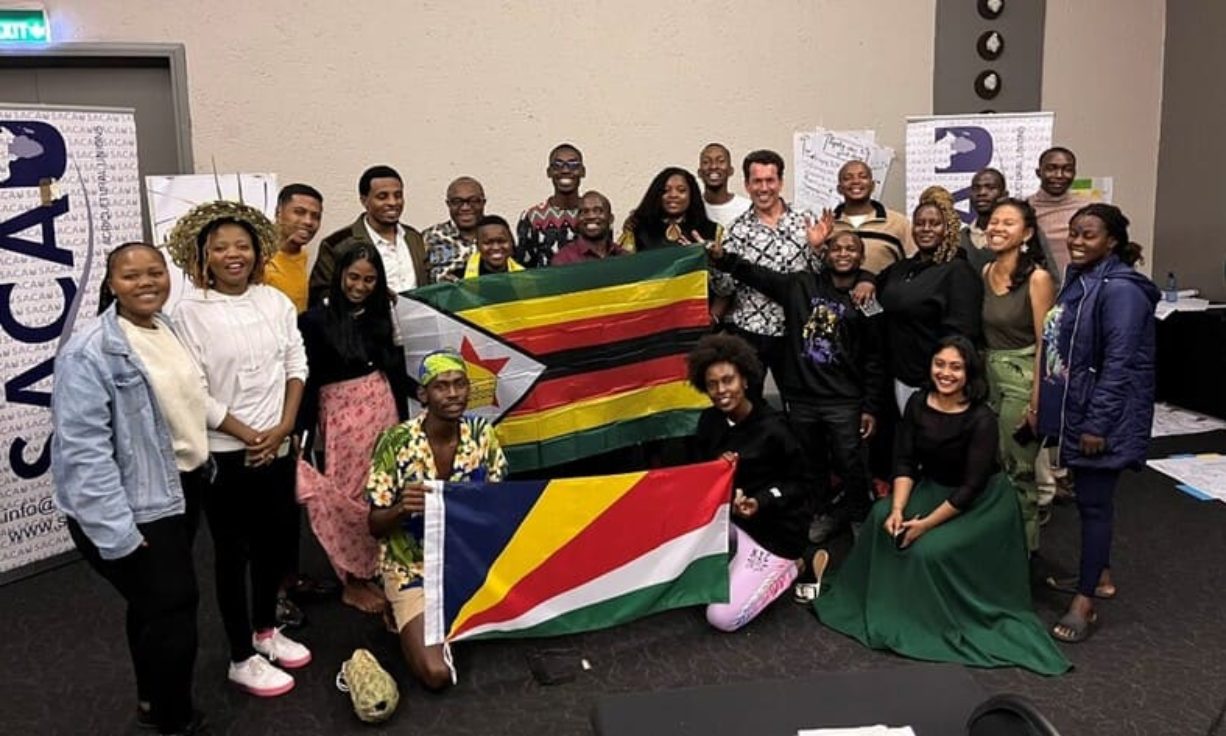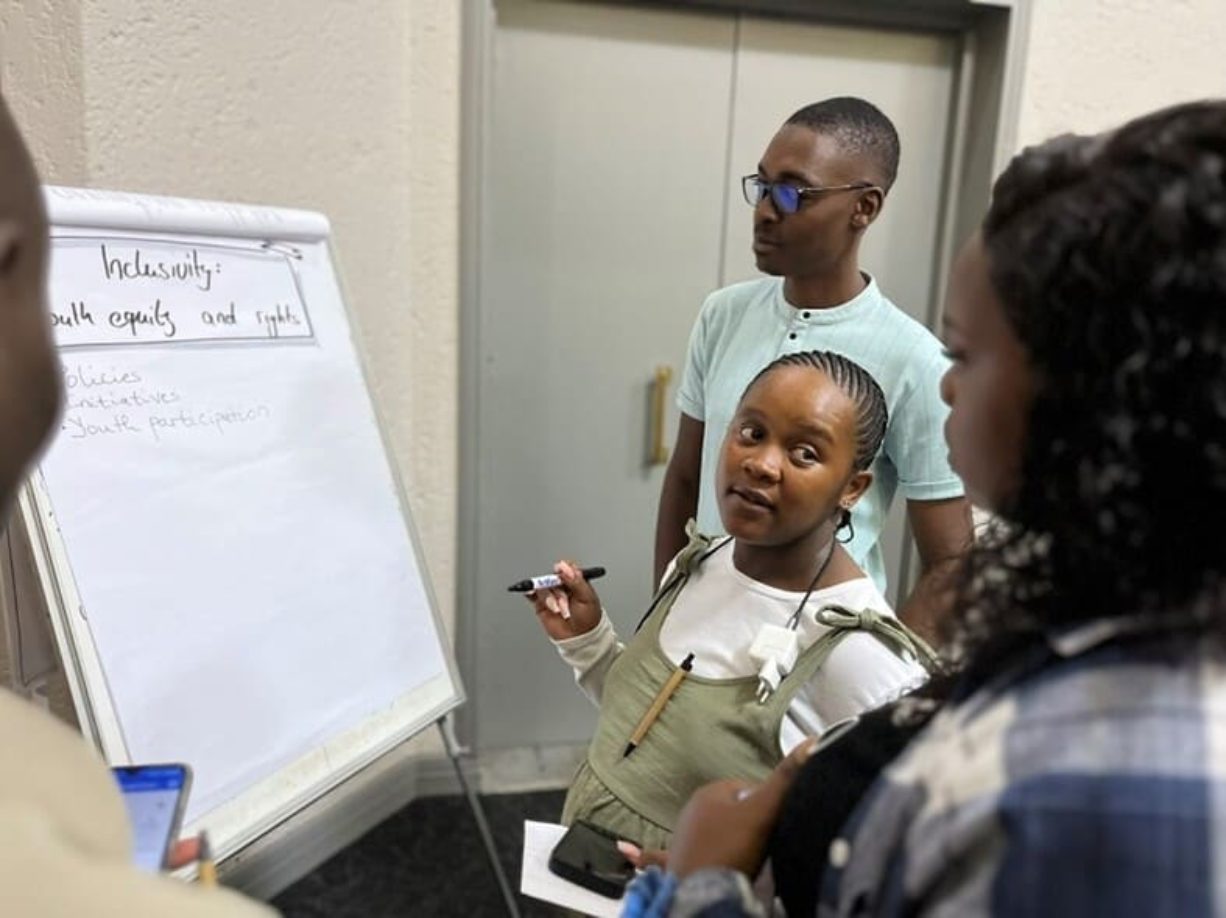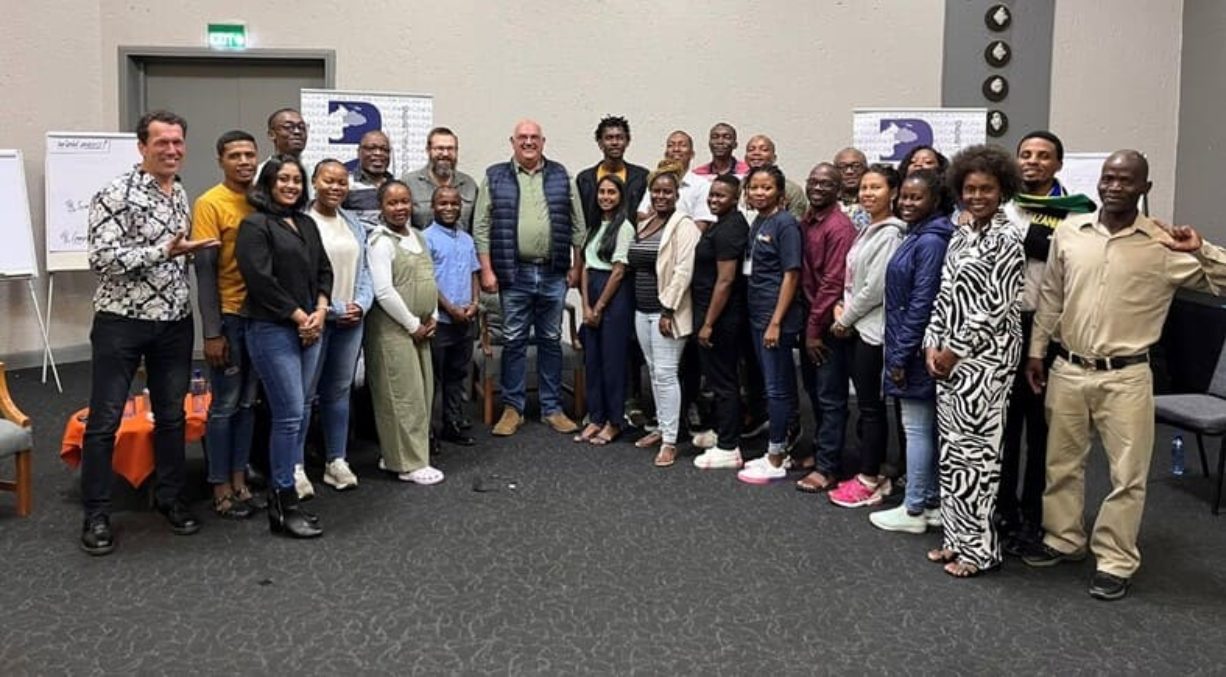
More diverse than ever
The seminar was an impressive example of diversity in southern Africa and comprised the most diverse group of participants to date. Featuring people from a total of 11 countries, YLIP 2024 constituted a melting pot of different perspectives and experiences. It was particularly noteworthy for being the first time that southern African associations had selected participants for the seminar. Apart from Mozambique, all SACAU member countries were able to involve participants in the seminar. It is this diversity that characterises YLIP and provided a comprehensive insight into the diversity and complexity of agricultural challenges. This breadth enabled in-depth exchange of best practices and rich discussions during the seminar itself as well as in the evenings.

From entrepreneurship to facilitation skills: content as diverse as the participants themselves
YLIP content is wide-ranging, so it is difficult to put the course into words and convey how it feels. Each module in South Africa has a different focus. Module 1 addresses personal development, presentation skills and team building for the cohort, while Module 2 deals with entrepreneurship in agriculture, entrepreneurial communication and in-depth facilitation skills. Participants find it surprising that YLIP is not a seminar teaching them new agronomic practices and that it is delivered entirely without PowerPoint presentations. YLIP is something else. YLIP is dynamic, surprising and always different.

Shaping transformation together
The central task of the second YLIP module is to develop one’s own vision of agricultural policy, which will subsequently be presented as a position paper by SACAU Youth at the SACAU Annual General Meeting. The YLIP class of 2024 has also worked out its vision and formulated it under its slogan “Collaborators in Innovation for Transformation”. As a collective, they not only want to shape the future of agriculture, but also promote intra-African trade, encourage sustainability and contribute to strengthening the entire agricultural value chain.
The seminar was complemented by thrilling discussions, interviews and facilitation sessions with key figures from the sector, experts, pioneers and changemakers. Among them figured:
- Theo de Jager (Executive Director of SAAI – Southern African Agri Initiative, former President of SACAU and the WFO (World Farmers’ Organisation)). – Manyewu Mutanga (Head of the Agriculture and Rural Transformation Department at AUDA-NEPAD – Agriculture, Food Security and Environmental Sustainability)
- Paul Zakariya CEO of the Zimbabwe Farmers’ Union
- Marion Picot – Secretary General of the CEJA
- Haile Abebe – African Union

This could be of interest to you:
-
Entrepreneurship, Leadership and Management -
Organisational Development, International Cooperation KENAFF: Sustainable services for Kenya’s smallholder farmers
Read -
International Cooperation, Developing Rural Areas One year of agricultural policy dialogue between Germany and the African Union
Read
